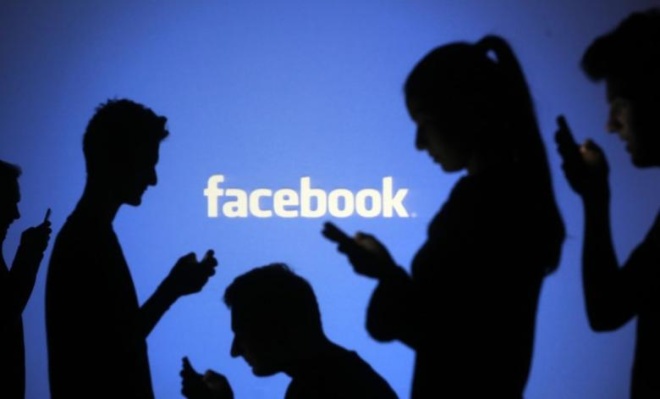Vietnamese government wants homegrown social networks to replace Facebook
The Vietnamese government plans to work with Facebook to remove fake pages that purport to belong to state leaders as it pursues a social media cleanup campaign, Minister of Information and Communications Truong Minh Tuan told a parliamentary committee Tuesday.
 |
| People are silhouetted as they pose with mobile devices in front of a screen projected with a Facebook logo. Photo by Reuters |
Viet Nam has 49 million internet users, or more than half of population, and more than 45 million social media accounts, a space Mr Tuan said is not always a good thing.
“There are good and bad people on social media,” Tuan said at a hearing of the National Assembly's Standing Committee. Distortions, defamations and fabrications mostly happen on international platforms such as Google, YouTube and Facebook, while most pages licensed in Viet Nam comply with regulations, he said.
Mr Tuan's Ministry recently asked Google to block and remove 2,200 clips on YouTube that contained ‘slanderous’ and ‘defamatory’ content against Vietnamese leaders. Google had removed nearly 1,300 such clips as of April 12.
Tuan also called on the mainstream media and Vietnamese social networks to ensure speedy and accurate information.
“In the long term we need social networks provided by local businesses that can replace and compete with Facebook in Viet Nam,” he said.
The government has been working hard in recent months to rein in the internet.
In January, the information ministry issued a circular asking Facebook and similar sites with a Vietnamese base of over one million users to ‘collaborate’ with authorities to block ‘toxic information’, ranging from ads for banned products to anti-state content and state secrets.
Facebook is the most popular social network in Viet Nam with around 35 million users, or 70% of the country's online community.
(Source: VnExpress/ International)